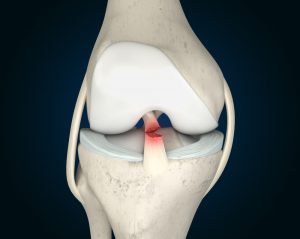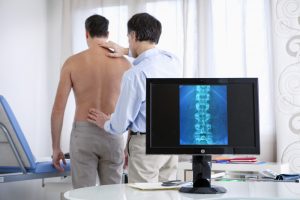Can neck pain cause dizziness or vertigo?
I met a lady this week and I told her about the roller tables we have in the clinic, ‘the roller tables are great, you will love them’ I said very excited, little did I know what was about to unfold.
She lay on the roller tables and put her neck back and immediately the room started spinning, well how silly did I feel after I had lauded the roller tables for so long.
I managed to get her to sit up and then propped her head up more so that she wasn’t experiencing vertigo. But it got me thinking about how many clients we do have that when they roll over on the tables or their heads go back on a traction wedge, they say ‘I’m going to be careful here as the room is spinning a little.’
This happens at least once per day, and I wanted to talk about dizziness and the difference between true vestibular vertigo vs cervical vertigo (arising from the neck).
I had an episode myself around 2 weeks ago, I was swimming with my kids on Friday afternoon and throwing them in the water and messing around. I woke up on Saturday very dizzy and had a whooshing sound in my left ear that was persistent. I also felt quite nauseous as well.
I went out for a bike ride on Sunday and thought ‘it has gone’, but as soon as it got quiet, I could hear the whooshing in my ear. I booked an appointment with the doctor to get my ears cleaned. He said, ‘I can’t really see too much,’ but he cleared them, and it seemed to improve. But after researching and asking some colleagues I kept coming back to cervicogenic dizziness.
I have been doing a fair bit of cycling recently as I prepare for a triathlon next May, this has caused tightness in my neck and shoulders, so I have been stretching them more and getting regular adjustments. But after swimming I had been turning my head to breathe in the water regularly, this is a completely different movement, and it did cause my neck to tighten up.
How does cervical vertigo happen?
There is one sinister and rare cause of cervical vertigo and that is when the blood flow to the brain is impacted. This is a medical emergency and needs to be looked at immediately.
Other more common causes are due to cervical arthritis or disc prolapse which impact the neck and the nerves surrounding the area. The nerves give information to the brain and the inner ear and if they are not functioning properly then this impacts the balance system in the inner ear.
Another way is with the muscles, the muscles provide a network or receptors to give feedback to the inner ear and brain about where the head is located. If they are tight or inflamed often, they can give incorrect information which can result in dizziness or vertigo.
It can be seen in clints with poor posture or those that work at a desk for long periods, keep an eye on your posture and ensure you are practicing good desk positioning. As you know I do love a standing desk as it de-load the spine and keeps your spine active.
What are the symptoms of cervical vertigo?
Cervical vertigo is different to normal inner ear vestibular vertigo. It is usually defined as dizziness rather than the room spinning. If there is a true inner ear issue like:
-Vestibular Neuritis
-Acoustic Neuroma
-Labyrinthitis
-BPPV
The symptoms of true vertigo are room spinning, nausea and vomiting, hearing loss as well as tinnitus (ringing in the ears). It is also very intense and only lasts for a matter of minutes.
Cervical vertigo can be affected by moving the neck and is more of a dizziness or feeling of being unsteady on your feet, as well as a headache or neck stiffness.
It is important to distinguish between the two, if you have any doubt, it is best to consult your local GP to get a clear diagnosis.
Treatment of cervical vertigo
As a Chiropractor there is no evidence to suggest we can help with cervical vertigo. However, our sports therapists can work with you to release the muscles in the neck and reduce inflammation as well as providing exercises to help keep the neck in a relaxed position if you are desk based for long periods. Have a look at these exercises here to reduce neck stiffness.
If you do know someone who wants more advice, please send them our details. You can send them this blog and they can request a free copy of our book which has posture related exercises in it as well. Click here for FREE book.


